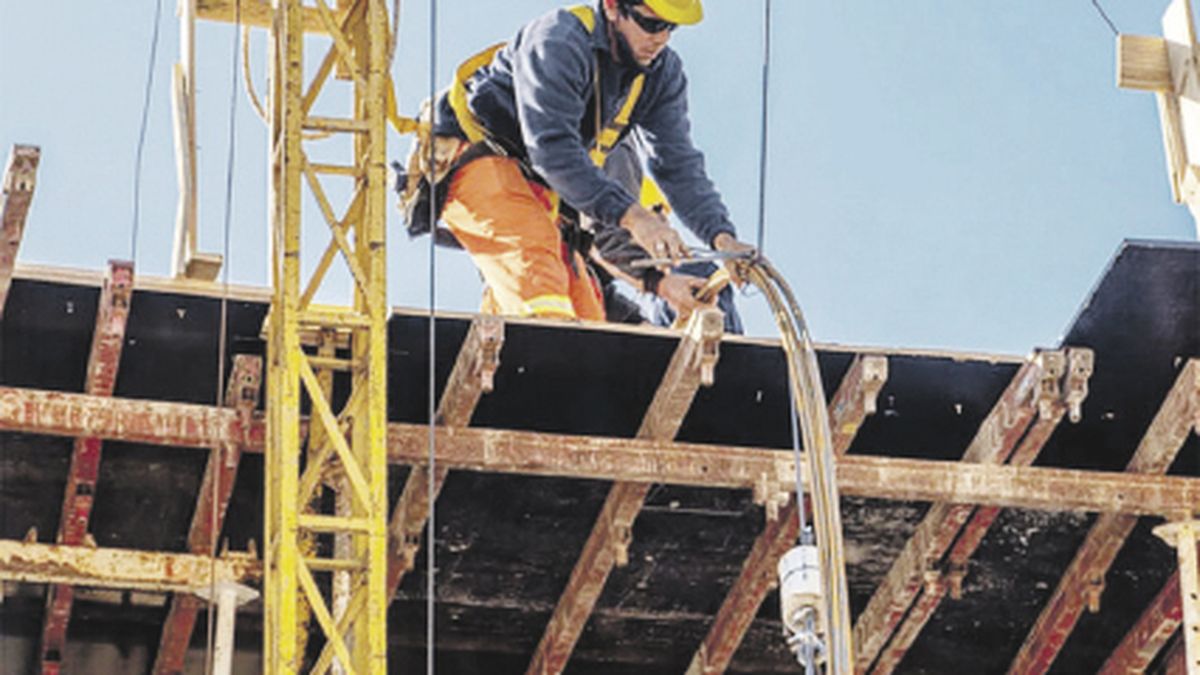It is still an almost unmanageable amount – but it is already clear: a lot cannot be recycled after the flood and has to be incinerated.
After the flood disaster in western Germany, the municipal waste disposal companies have to remove huge amounts of bulky waste.
“We heard from a member company in the disaster area that the usual annual amount of bulky waste had been collected in three days,” said the Vice President of the Association of Municipal Companies (VKU), Patrick Hasenkamp, who is responsible for waste management. Another waste disposal company even reported a volume of bulky waste within a few days that was comparable to the volume of the past three years.
Reliable estimates of the amount of waste are not yet possible. Only gradually can it be recorded how much additional waste has actually been generated. “But the visual appearance alone makes it clear in many places: there will be significant volumes,” said Hasenkamp.
«The rubbish has to go. And that quickly, in order to avoid hygiene problems and remove traffic obstacles, ”said Hasenkamp. Much must be burned. “Furniture and other objects that have become unusable due to the flood are not suitable for material recycling,” explained Hasenkamp, who is the head of the Münster waste management company.
Here it pays off that Germany has a good municipal network of plants for thermal waste treatment. However, there are bottlenecks in the flood region. In Bonn in particular, the situation is tense, because there are also crowds from the Ahrweiler district, the Euskirchen district and the Rhein-Sieg district. “In some cases it will be necessary for waste to be temporarily stored in designated areas until the necessary treatment capacities are available,” said Hasenkamp.
Problems could arise with the disposal of rubble from destroyed houses. Organic material such as wooden beams from half-timbered houses should generally not be deposited. It would therefore have to be burned. Hasenkamp emphasized whether the wood can be easily separated from the remaining building rubble in the current situation. In view of the flood disaster, the responsible waste authorities should therefore “not impose excessive requirements on disposal”.
Jane Stock is a technology author, who has written for 24 Hours World. She writes about the latest in technology news and trends, and is always on the lookout for new and innovative ways to improve his audience’s experience.




